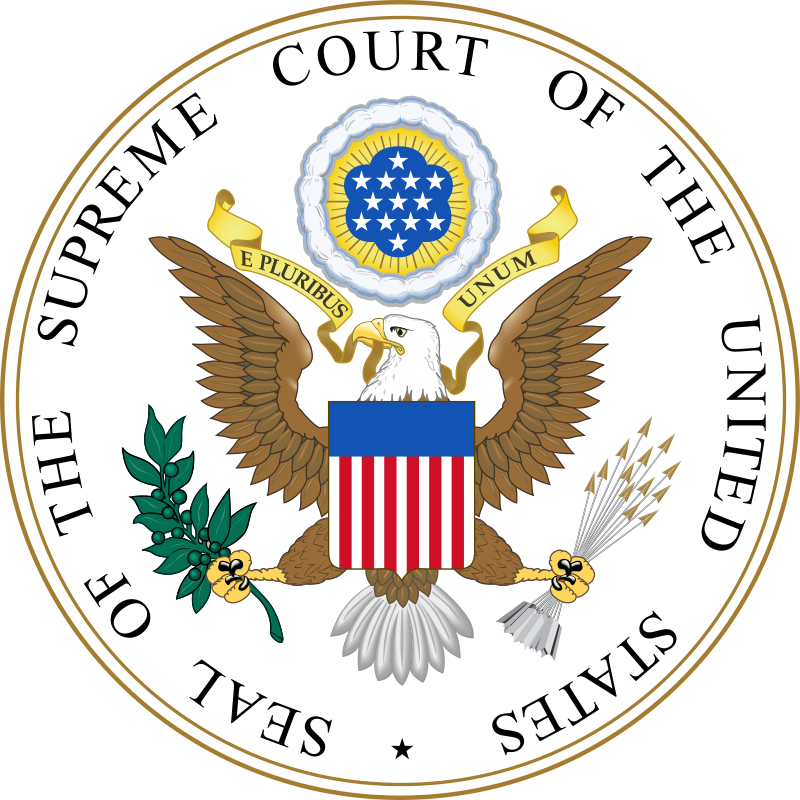 The employment protections at faith-based organisations across the United States have received a major blow this week following a majority ruling by the US Supreme Court which finds that two former Catholic school teachers are unable to pursue employment discrimination claims against their former employer. The Court has justified its decision on the grounds that the US Constitution guarantees that religious groups are free to choose their own leaders and because the Court was willing to defer to the judgement of the schools that the teachers should be considered religious ministers.
The employment protections at faith-based organisations across the United States have received a major blow this week following a majority ruling by the US Supreme Court which finds that two former Catholic school teachers are unable to pursue employment discrimination claims against their former employer. The Court has justified its decision on the grounds that the US Constitution guarantees that religious groups are free to choose their own leaders and because the Court was willing to defer to the judgement of the schools that the teachers should be considered religious ministers.
In response, two dissenting members of the Supreme Court have issued a minority opinion, warning that the ruling ‘portends grave consequences’ regarding the employment rights of those employed by religious groups and ‘invites the potential for abuse’. In their concluding remarks they note that the verdict permits ‘… religious entities to discriminate widely and with impunity for reasons wholly divorced from religious beliefs. The inherent injustice in the Court’s conclusion will be impossible to ignore for long, particularly in a pluralistic society like ours.’
The Supreme Court case centred on two former Catholic school teachers in Los Angeles. One former teacher alleges that they were dismissed on the grounds of age, while the other now deceased teacher claimed they were dismissed after having been diagnosed as having and requiring treatment for breast cancer.
An earlier federal appeal court ruled that the teachers could pursue their respective claims of age and disability discrimination against their former employers because they could not be considered to be religious ministers by virtue of their lack of any ministerial training, their limited religious duties and because neither teacher was required to be a Catholic. The schools were however successful in having the Supreme Court reconsider these judgements and were supported by both their local Archdiocese of Los Angeles and the Trump administration.
Chair of the Accord Coalition for Inclusive Education, the Revd Stephen Terry, ‘It is deeply unsettling that in a different legal jurisdiction a mainstream faith school provider should seek to deny their teachers any employment protections. The dissenting members of the Supreme Court are absolutely right to raise the alarm about the abuse of power this latest ruling will facilitate.’
‘The ruling should also highlight the vulnerable position of most teachers in UK faith schools. Although they have employment protections, most faith schools can religiously discriminate in the recruitment and employment of all their teachers. The discrimination can even relate to private conduct of a teacher that a school deems to not be in accordance with its religious tenets. Recent examples of this include faith school teachers losing their job for being in a relationship without getting married or for getting a divorce.’
‘Faith schools do not need such invasive, disproportionate and discriminatory powers in order to uphold their religious ethos. The limited protections against discrimination for teachers at faith schools in the UK must not be taken for granted, but should be expanded.’
Notes
The Supreme Court’s majority ruling and dissenting minority opinion may both be found at https://www.supremecourt.gov/
Whether the ability of faith schools in the UK to religiously discriminate in the employment and recruitment of teachers is justified and proportionate is contested. This includes by the Equality and Human Rights Commission who in 2016 recommended that state funded faith schools wishing to employ a teacher on faith grounds should be treated like a normal employer with a religious foundation and be required to apply a genuine occupational requirement (GOR). GORs can usually only be applied to a small number of staff posts and only allow employers to discriminate if they can show that the discrimination is required, legitimate and proportionate. The EHRC also indicated it was willing to support a test case to seek clarity in the law.
It is difficult to gather evidence about teachers being religiously discriminated against as government does not actively monitor the situation, while disciplinary matters are usually treated confidentially. The Accord Coalition has however come across particularly egregious examples of faith school teachers being discriminated against on religious grounds, some of which are listed immediately below:
- ‘Jewish nursery “sacked teacher for living in sin” after telling her co-habiting “would not be tolerated”’. The Daily Mail. 3rd October 2017. [although the school was later found to have been at fault for having discriminated against the teacher on the grounds of sex]
- ‘Headteacher to leave post due to being remarried‘. The News. 1st December 2016.
- A quote from a pregnant faith school teacher provided to the EHRC and published in its 2015 report ‘Religion or belief in the workplace and service delivery: Findings from a call for evidence‘:
‘As an unmarried woman, I was told I was not allowed to talk to the children about my ‘condition’, and that I would struggle to gain a promotion in any local school. I was also advised to wear a pretend wedding ring. I didn’t do this. I applied for other jobs and now work in a non-faith school.’ (p38) - ‘Head must quit school he saved because he’s not Roman Catholic‘. The Argus. 15th September 2014
- ‘Cardiff faith school reneges on appointment of headteacher because of “marital reasons”‘. WalesOnline. 15th April 2014.
- ‘Non-Muslim teachers ‘forced to wear veil’ at faith school‘. The Daily Telegraph. 20th September 2013.


